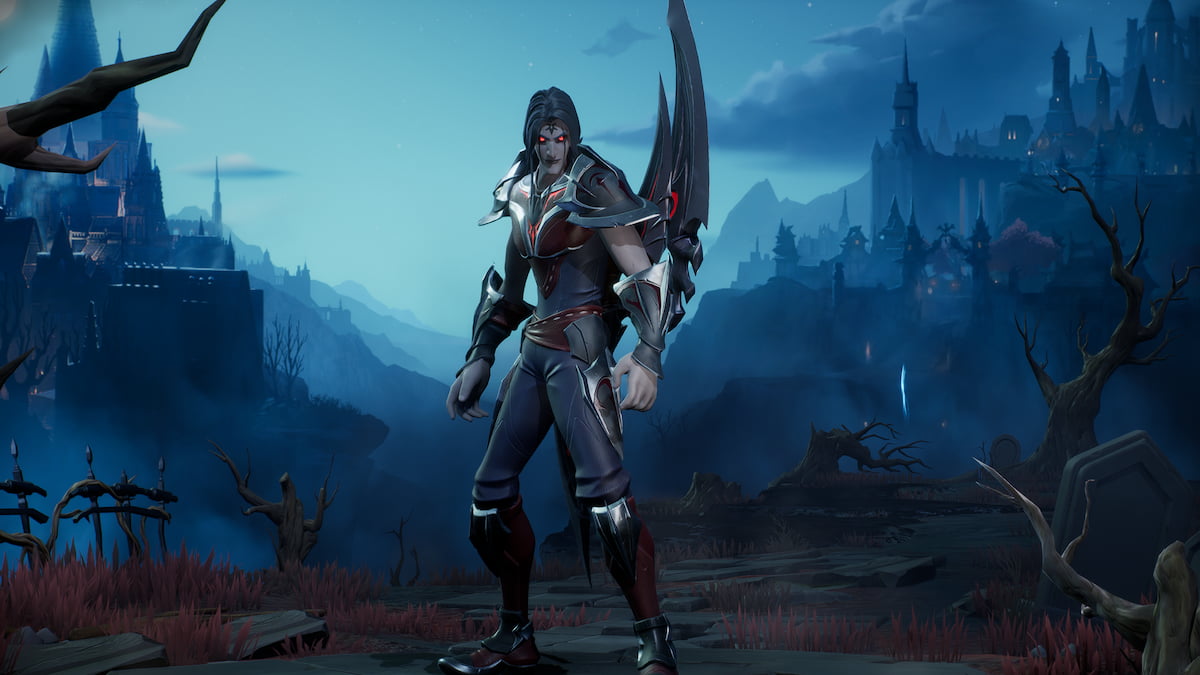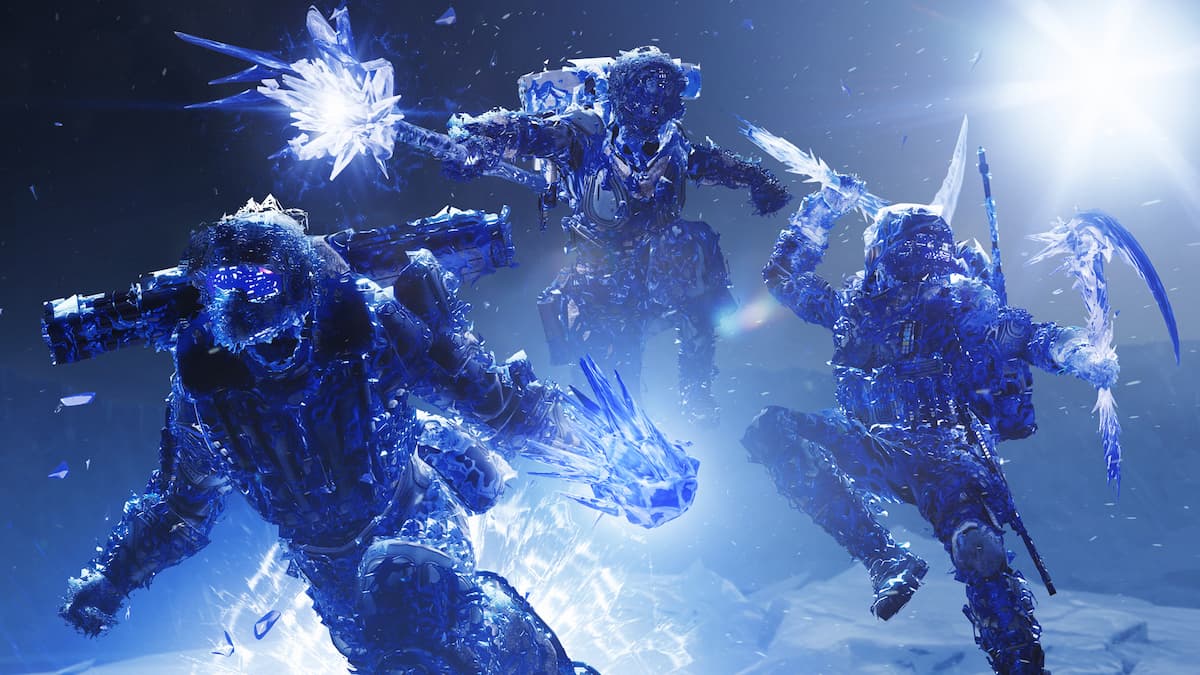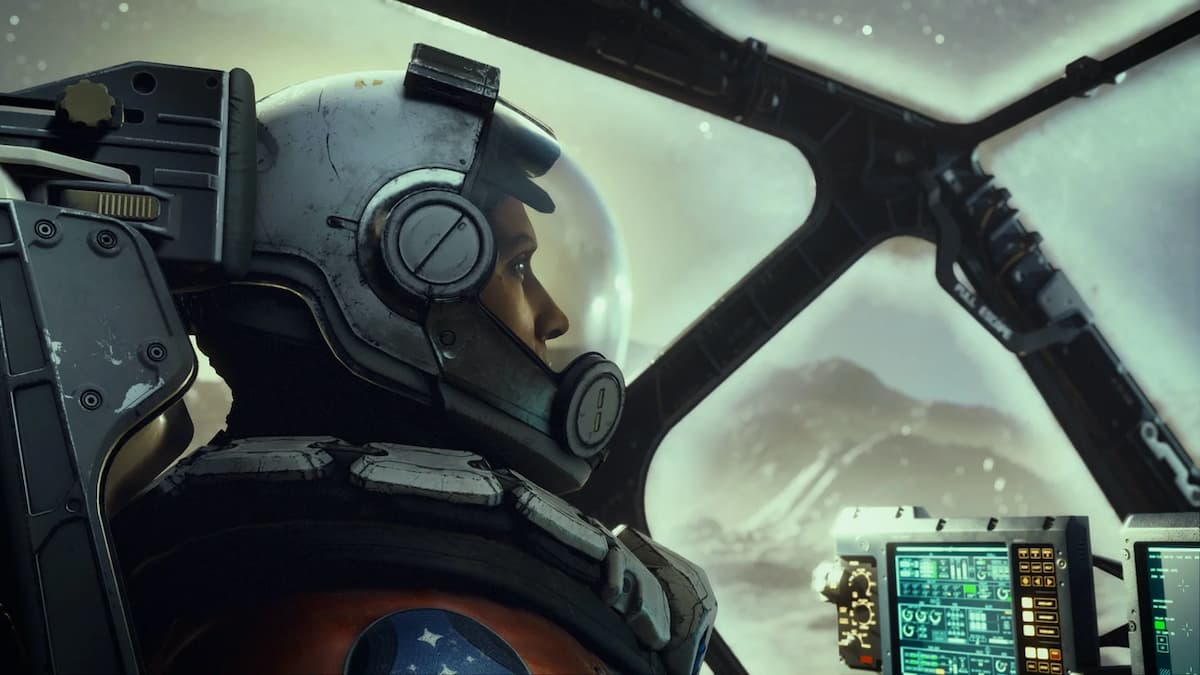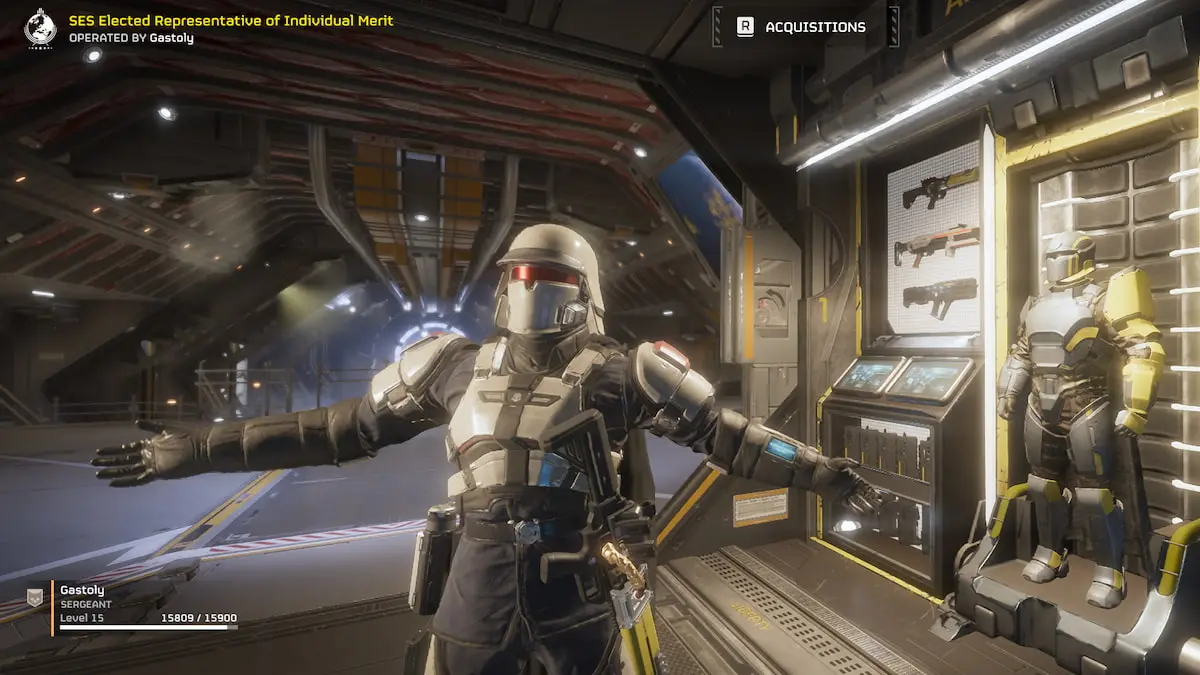In Assassin’s Creed Origins, the crux of main protagonist Bayek’s entire plight hinged on just a single beat: revenge. As entertaining as it was, the story didn’t allow much room for character development, save, perhaps, for the last few hours of the game where his entire perspective shifted.
Sadly, that perspective change took upwards of 30 to 40 hours. I’d wager many players didn’t even stick around long enough to see it come into its own. If you’re reading this now and that was you, don’t feel bad –that’s on the writers.
What’s more, I’ve got good news for you: At their next attempt, Ubisoft has remedied the situation. Assassin’s Creed Odyssey’s two protagonists, Kassandra and Alexios, are brought to life with such accomplished narrative that you’ll see the best of them right from the off.
Indeed, Alexios and Kassandra’s personalities are yours to create, and it really helps to bring players closer to the characters. The new dialogue system is right at the heart of what makes it such a different experience from Origins.
Much of how you approach the game will be determined by the dialogue choices you make, and that’s something that’s established early in the game. A certain choice to save a group of plagued citizens from certain death or allow the town guard to dispose of them. The outcome of this situation actually plays a pivotal role in shaping the narrative, and players are constantly faced with these crucial decisions throughout.
Importantly, though, the dialogue system isn’t the core of what makes Odyssey’s cast so much more compelling. It’s actually the personalities that have been written into their respective stories that’s key. There’s a real range here: independent, caring, aggressive when necessary, and strong –Odyssey’s protagonists are compelling as a result of their diversity where Origins’ Bayek was too one dimensional.
Bayek was fueled by nothing more than revenge —a streak of revenge that comes off as predictable— Kassandra and Alexios are fueled by traits that will beg more questions.
These questions will serve to advance you deeper and deeper into the story. Why are they so capable and independent? Who taught them to be that way? Why do they care so much for this person and that person? Where did they learn to fight?
Comparatively, the only question I had while playing as Bayek was, “What is Bayek like when he’s not out for revenge?”
And let me get this straight: Bayek’s personality was justifiable in the context of Assassin’s Creed Origins. His son died and he wanted to bring his murderers to justice. That’s fair, but it’s nothing new and was dull as a result.
Kassandra and Alexios have a base that players can identify with. Sure, this base stems from the fact that they lost their parents after being tossed off a cliff by one of those said parents. What results, though, are characters that are easy to get behind. If by chance, players can’t get behind them, then they can craft characters they do identify with.
Personally, in video games, I like to be the all-powerful, all-knowing kind of character, so on my odyssey, I’ll be taking the god-like route. But, if you’re someone who prefers to stay humble, you can do that too.
Hell, you can even play with multiple personalities if you want. Maybe on one island, you want the people to think you’re a god, whereas, on another, you stay humble. Regardless, the choice is always, quite literally, yours.
It’s this character agency that gives Assassin’s Creed Odyssey the spark Origins failed to instill. If you don’t like Bayek’s arc, that’s too bad. It’s the arc you’ll follow for the rest of the game. If you’re not happy with how Kassandra and Alexios turn out, you’re free to change that as you see fit, and you’ll be able to do so with choices that truly matter.
While this freedom in character narrative is a great addition to the franchise, it has a downside. With so much choice resting on the players, how well can Alexios and Kassandra truly be characterized? That’s up to the player.
Assassin’s Creed 2’s Ezio Auditore is a high standard to reach. Some fans will never be as happy playing a character as they were playing as Ezio, but that’s okay. Ezio was unique and refreshing, especially when compared to his predecessor. Ubisoft tried to recapture that magic with the likes of assassins like Arno and Edward. In the end, though, it wasn’t possible. And why should it be?
Ezio is special for players for a number of reasons, with each reason being unique to the player. For me, I played as Ezio at a time when I had just begun to truly grow up. No longer was I a child, and in Assassin’s Creed 2, that experience, the evolution from child to adult, was played out on screen. It created a personal connection for me with that game that I’ll never forget.
A quick glance through some Reddit threads or Assassin’s Creed Facebook groups and you’re bound to find hundreds of stories like mine — personal stories that connect Ezio to a special and momentous period of life.
Perhaps for the first time since Ezio, we are able to watch our life mirrored on screen in Assassin’s Creed Odyssey. Sure, most of our parents didn’t throw us off a cliff as a child. Most of us, though, have been in a bad situation that made us stronger in life. On top of that, we get to decide how Kassandra and Alexios (and ourselves) move forward in the journey, despite the hand life has dealt.
That’s where Assassin’s Creed Odyssey has the chance to stand on the same pedestal as Assassin’s Creed 2. That’s why, after their story wraps, I believe Kassandra and Alexios will be held as high as Ezio.
Not because Ubisoft wrote them to be like Ezio, but because you decided to make them so (or didn’t). The choices you make, the Kassandra and Alexios you craft, will be exclusively yours. That’s the spark Assassin’s Creed has needed for years and the spark Bayek failed to give fans.













Updated: Oct 10, 2018 10:21 am